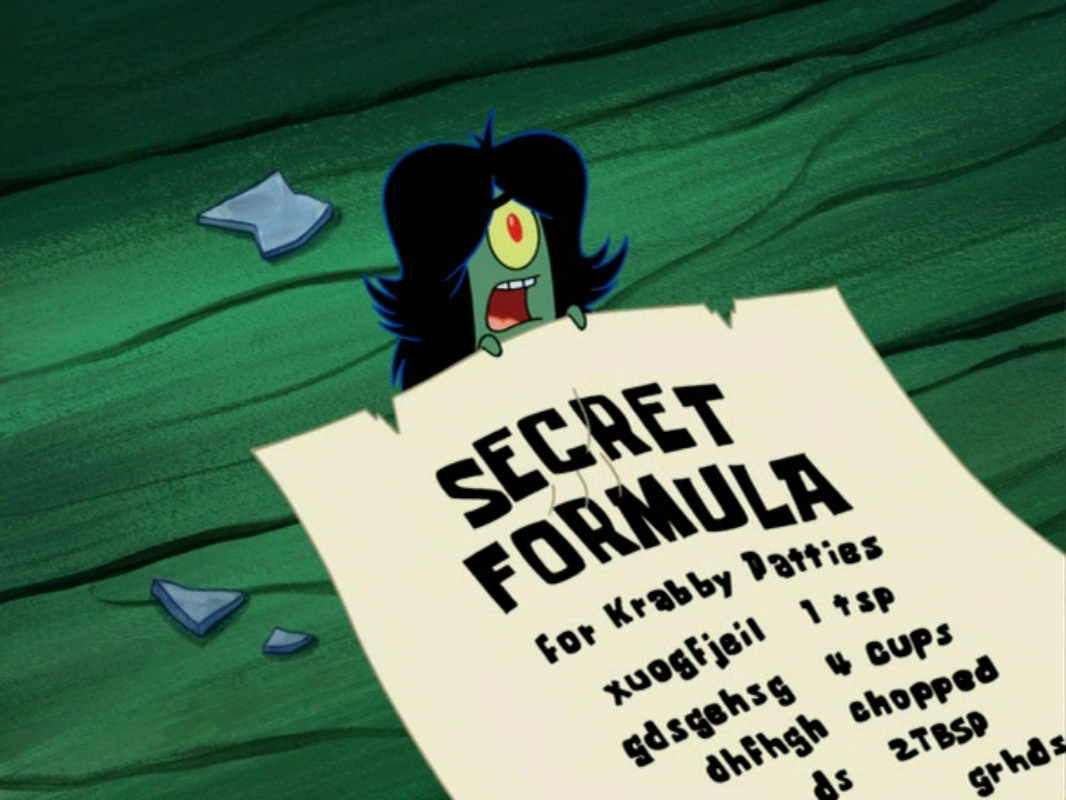Originally Posted By: nap
d00df00d - I agree that you cannot directly map basestocks into performance levels. However we also know that some performance levels (eg BMW LL and the like) are very difficult (if at all) possible to attain with let’s say Grp I stock. So when seeing such unusual combination of ingredients and claims , a good dose of skepticism is advisable, and can save you from buying into those oils that PQIA finds from time to time on the shelves and labels them as “Don’t Buy”.
So yes, there is value in investigating the basestocks too. Especially with some brands declining to publish all the performance parameters that could be of interest to the customer (NOACK comes to mind). And there’s nothing left for him other than trying to infer some properties from the basestock.
I appreciate the agreement. Beyond that, I'm not sure I follow what you're saying here.
Some of what you're saying seems entirely in line with what I said, i.e. there's a clear but imperfect correlation between base stocks and performance levels -- no more, no less.
The rest seems sensible in theory but I don't see the practical value. When was the last time you saw a company trying to claim their Group I/II product met performance criteria that require synthetics by definition? In the absence of claims as insane as that, how is it meaningful to even speculate about "unusual combination of ingredients and claims" or "trying to infer some properties from the basestock" when we don't even know what the ingredients or base stocks are?
d00df00d - I agree that you cannot directly map basestocks into performance levels. However we also know that some performance levels (eg BMW LL and the like) are very difficult (if at all) possible to attain with let’s say Grp I stock. So when seeing such unusual combination of ingredients and claims , a good dose of skepticism is advisable, and can save you from buying into those oils that PQIA finds from time to time on the shelves and labels them as “Don’t Buy”.
So yes, there is value in investigating the basestocks too. Especially with some brands declining to publish all the performance parameters that could be of interest to the customer (NOACK comes to mind). And there’s nothing left for him other than trying to infer some properties from the basestock.
I appreciate the agreement. Beyond that, I'm not sure I follow what you're saying here.
Some of what you're saying seems entirely in line with what I said, i.e. there's a clear but imperfect correlation between base stocks and performance levels -- no more, no less.
The rest seems sensible in theory but I don't see the practical value. When was the last time you saw a company trying to claim their Group I/II product met performance criteria that require synthetics by definition? In the absence of claims as insane as that, how is it meaningful to even speculate about "unusual combination




